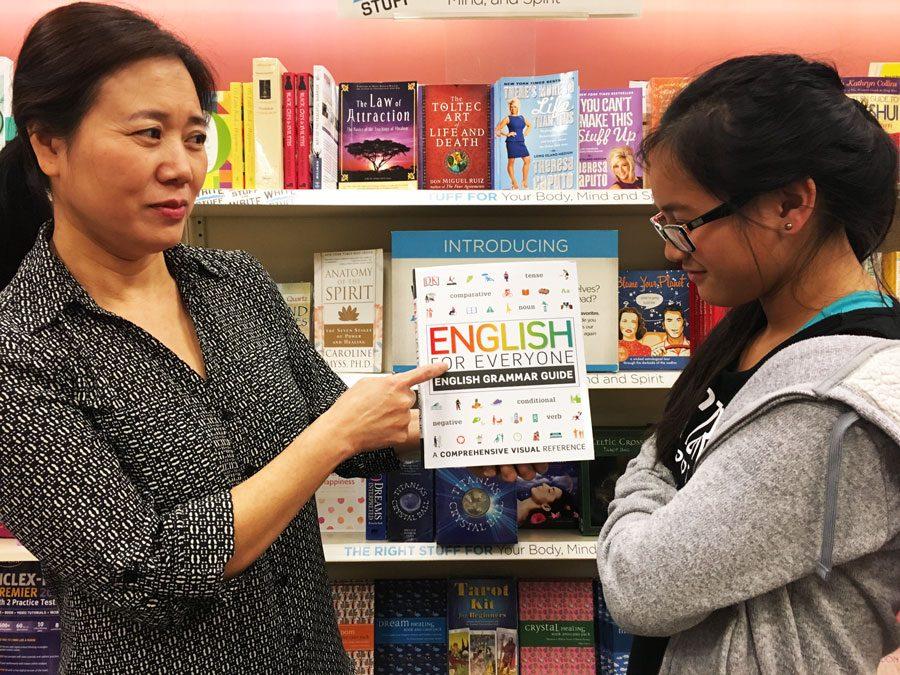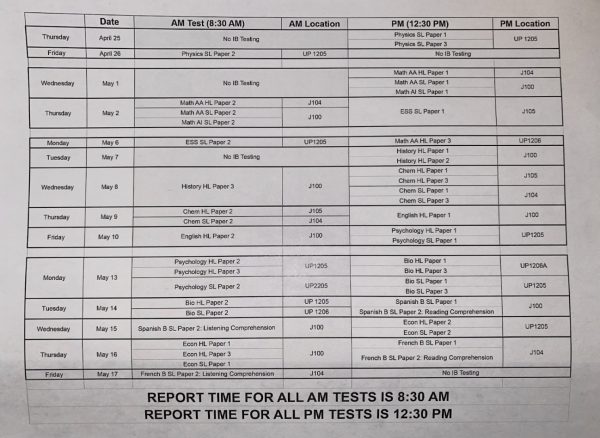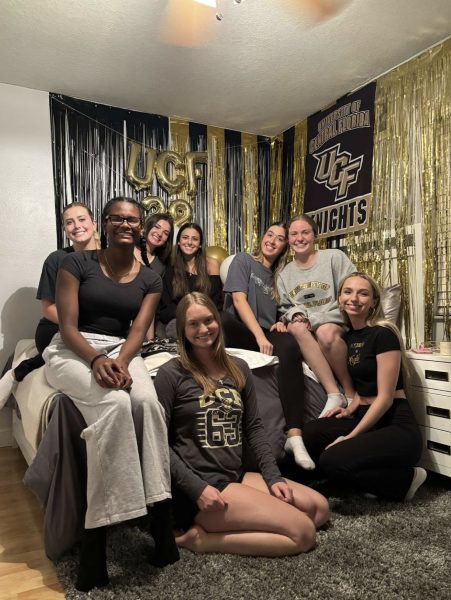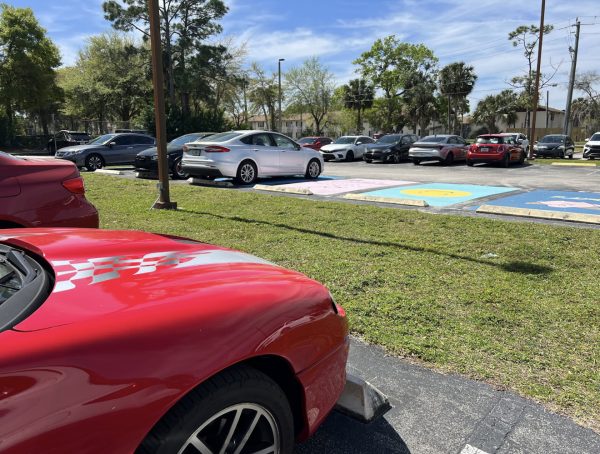DISCRIMINATION AGAINST NON-ENGLISH SPEAKERS
Some Americans believe that English should be required for all citizens, even though English is not the official language.
January 27, 2017
Across the United States, many incidents of Americans discriminating against other Americans for conversing in their mother tongue have been gaining attention on social media. However, the videos and stories shared on the Internet are not the only occasions where this has happened. Discrimination against non-English speakers in the U.S. has been a reoccurring problem for many years.
In the United States, English is the primary language that is commonly spoken by American citizens, but it is not the official language of the United States. The U.S. does not have an official language and never has. Nonetheless, some people continue to believe that English is required to be a citizen and therefore choose to harass immigrants who do not speak English well or at all.
In order to become an American citizen, one has to go through a number of tests, including an English portion that requires speaking, writing, and reading the language. However, some people may be exempted from learning English because of the “50/20” exception or the “55/15” exception.
The “50/20” exception can be applied to someone who is over the age of 50 and has been living in the U.S. as a permanent resident for at least 20 years. Similarly, the “55/15” exception can exempt someone if they are 55 years old or older and has been a permanent U.S. resident for more than 15 years.
The grammar and the pronunciation of a different language can be challenging to accustom to. In result of this, one might make mistakes or have difficulty speaking a second language. Even so, people in the U.S. continue to harass others who speak English poorly or speak another language without having any sense of how strenuous it can be to communicate in a new language.
“[Being discriminated occurs] on a daily basis,” said Jean-Michel DeBarros, a Senegalese-American. “When people hear me speaking English, they [automatically] assume that I’m not American just by having another accent.”
Unfortunately, DeBarros is not the only American who has been treated harshly for speaking English with an accent or even speaking another language. Several people in U.S. have been involved in incidents where strangers would confront them for speaking differently.
First Lady Melania Trump, a Slovene-American, has continually been criticized for speaking English with an accent. Even though she can speak four other languages, discriminating comments about her not being able to speak English correctly have spread since her husband, President Donald Trump, took office.
Another incident occurred at a mall in Louisville, Kentucky, two women were discriminated against by another customer for speaking Spanish. The Spanish-speaking women were told to “speak English” because they were “in America” by the nearby customer.
In the U.S., high school students are required to take a second language course for at least two years as a requirement to graduate. However, even after a couple of years of learning the language, most students do not recall many of the basics of what they were taught.
Many Americans have difficulty learning a new language in a course of two years so discriminating against immigrants for not speaking English well is exceedingly hypocritical.
“How can a person, who most likely isn’t the most [grammatically correct] person there is, go and make fun of someone who doesn’t have English as their first language,” said junior Paula Le, a daughter of two immigrants. “It’s completely insensitive and ironic.”
Instead of insulting others for speaking English poorly, native speakers should either empathize or correct them for future reference. Everyone needs a little encouragement to get better.



































